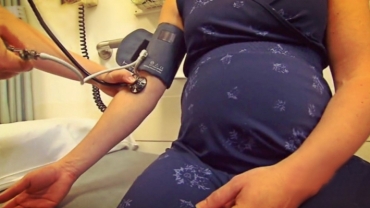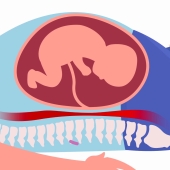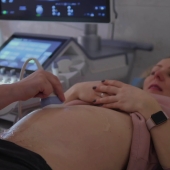During the early stages of pregnancy, since the placenta is not yet formed, there is no mechanism to protect the embryo from the deficiencies which may be inherent in the mother's circulation.
Thus, it is critical that an adequate amount of nutrients and energy is consumed. Supplementing one's diet with foods rich in folic acid, such as oranges and dark green leafy vegetables, helps to prevent neural tube birth defects in the fetus.
In addition, prenatal vitamins typically contain increased amounts of folic acid, iodine, iron, vitamin A, vitamin D, zinc, and calcium over the amounts found in standard multi-vitamins.
Pregnant women are advised to pay attention to the foods they eat during pregnancy, such as soft cheese and certain fish, in order to reduce the risk of exposure to substances or bacteria that may be harmful to the developing fetus.
This can include food pathogens and toxic food components, alcohol, and dietary supplements such as vitamin A and potentially harmful pathogens such as listeria, toxoplasmosis, and salmonella.
Dietary vitamin A is obtained in two forms which contain the preformed vitamin (retinol), that can be found in some animal products such as liver and fish liver oils, and as a vitamin A precursor in the form of carotene, which can be found in many fruits and vegetables.
Intake of large amounts or, conversely, a deficiency, of retinol has been linked to birth defects and abnormalities. It is noted that a 100 g serving of liver may contain a large amount of retinol, so it is best that it is not eaten daily during pregnancy.
Excessive amounts of alcohol have been proven to cause fetal alcohol syndrome. The World Health Organization recommends that alcohol should be avoided entirely during pregnancy, given the relatively unknown effects of even small amounts of alcohol during pregnancy.
- 59 views













